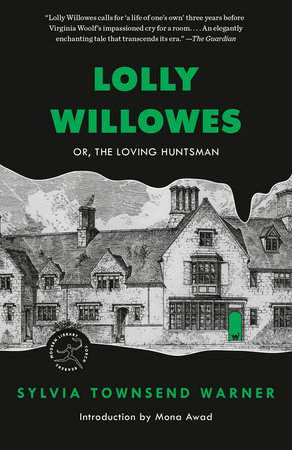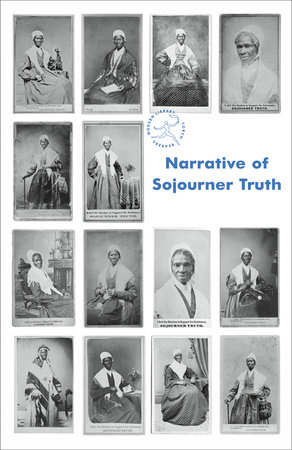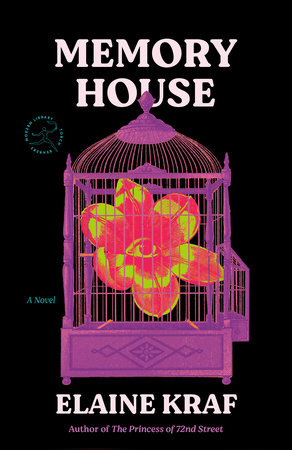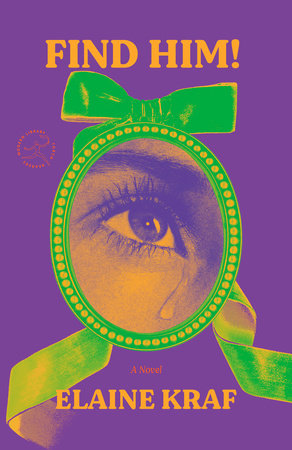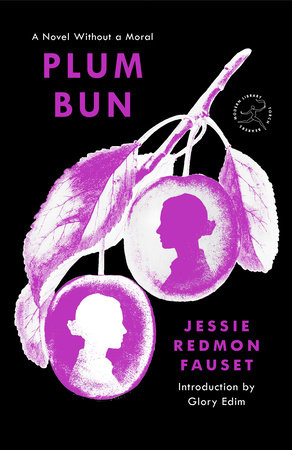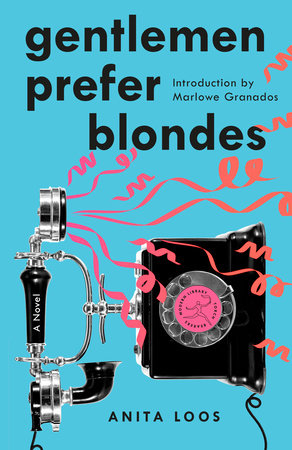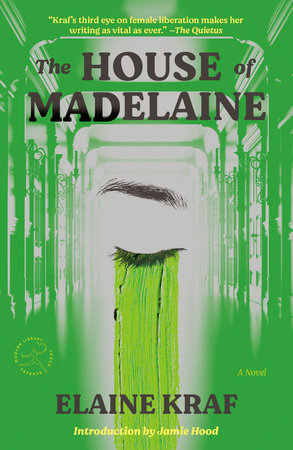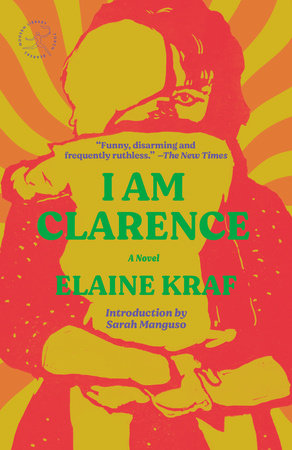Excerpt
Lolly Willowes
Part IWhen her father died, Laura Willowes went to live in London with her elder brother and his family.
“Of course,” said Caroline, “you will come to us.”
“But it will upset all your plans. It will give you so much trouble. Are you sure you really want me?”
“Oh dear, yes.”
Caroline spoke affectionately, but her thoughts were elsewhere. They had already journeyed back to London to buy an eiderdown for the bed in the small spare-room. If the washstand were moved towards the door, would it be possible to fit in a writing-table between it and the fireplace? Perhaps a bureau would be better, because of the extra drawers? Yes, that was it. Lolly could bring the little walnut bureau with the false handles on one side and the top that jumped up when you touched the spring by the inkwell. It had belonged to Lolly’s mother, and Lolly had always used it, so Sibyl could not raise any objections. Sibyl had no claim to it whatever, really. She had only been married to James for two years, and if the bureau had marked the morning-room wallpaper, she could easily put something else in its place. A stand with ferns and potted plants would look very nice.
Lolly was a gentle creature, and the little girls loved her; she would soon fit into her new home. The small spare-room would be rather a loss. They could not give up the large spare-room to Lolly, and the small spare-room was the handiest of the two for ordinary visitors. It seemed extravagant to wash a pair of the large linen sheets for a single guest who came but for a couple of nights. Still, there it was, and Henry was right—Lolly ought to come to them. London would be a pleasant change for her. She would meet nice people, and in London she would have a better chance of marrying. Lolly was twenty-eight. She would have to make haste if she were going to find a husband before she was thirty. Poor Lolly! Black was not becoming to her. She looked sallow, and her pale grey eyes were paler and more surprising than ever underneath that very unbecoming black mushroom hat. Mourning was never satisfactory if one bought it in a country town.
While these thoughts passed through Caroline’s mind, Laura was not thinking at all. She had picked a red geranium flower, and was staining her left wrist with the juice of its crushed petals. So, when she was younger, she had stained her pale cheeks, and had bent over the greenhouse tank to see what she looked like. But the greenhouse tank showed only a dark shadowy Laura, very dark and smooth like the lady in the old holy painting that hung in the dining-room and was called the Leonardo.
“The girls will be delighted,” said Caroline. Laura roused herself. It was all settled, then, and she was going to live in London with Henry, and Caroline his wife, and Fancy and Marion his daughters. She would become an inmate of the tall house in Apsley Terrace where hitherto she had only been a country sister-in-law on a visit. She would recognise a special something in the physiognomy of that house-front which would enable her to stop certainly before it without glancing at the number or the door-knocker. Within it, she would know unhesitatingly which of the polished brown doors was which, and become quite indifferent to the position of the cistern, which had baffled her so one night when she lay awake trying to assemble the house inside the box of its outer walls. She would take the air in Hyde Park and watch the children on their ponies and the fashionable trim ladies in Rotten Row, and go to the theatre in a cab.
London life was very full and exciting. There were the shops, processions of the Royal Family and of the unemployed, the gold tunnel at Whiteley’s, and the brilliance of the streets by night. She thought of the street lamps, so impartial, so imperturbable in their stately diminuendos, and felt herself abashed before their scrutiny. Each in turn would hand her on, her and her shadow, as she walked the unfathomed streets and squares—but they would be familiar then—complying with the sealed orders of the future; and presently she would be taking them for granted, as the Londoners do. But in London there would be no greenhouse with a glossy tank, and no apple-room, and no potting-shed, earthy and warm, with bunches of poppy heads hanging from the ceiling, and sunflower seeds in a wooden box, and bulbs in thick paper bags, and hanks of tarred string, and lavender drying on a tea-tray. She must leave all this behind, or only enjoy it as a visitor, unless James and Sibyl happened to feel, as Henry and Caroline did, that of course she must live with them.
Sibyl said: “Dearest Lolly! So Henry and Caroline are to have you. . . . We shall miss you more than I can say, but of course you will prefer London. Dear old London with its picturesque fogs and its interesting people, and all. I quite envy you. But you mustn’t quite forsake Lady Place. You must come and pay us long visits, so that Tito doesn’t forget his aunt.”
“Will you miss me, Tito?” said Laura, and stooped down to lay her face against his prickly bib and his smooth, warm head. Tito fastened his hands round her finger.
“I’m sure he’ll miss your ring, Lolly,” said Sibyl. “You’ll have to cut the rest of your teeth on the poor old coral when Auntie Lolly goes, won’t you, my angel?”
“I’ll give him the ring if you think he’ll really miss it, Sibyl.”
Sibyl’s eyes glowed; but she said:
“Oh no, Lolly, I couldn’t think of taking it. Why, it’s a family ring.”
When Fancy Willowes had grown up, and married, and lost her husband in the war, and driven a lorry for the Government, and married again from patriotic motives, she said to Owen Wolf-Saunders, her second husband:
“How unenterprising women were in the old days! Look at Aunt Lolly. Grandfather left her five hundred a year, and she was nearly thirty when he died, and yet she could find nothing better to do than to settle down with Mum and Dad, and stay there ever since.”
“The position of single women was very different twenty years ago,” answered Mr. Wolf-Saunders. “Feme sole, you know, and feme couverte, and all that sort of rot.”
Even in 1902 there were some forward spirits who wondered why that Miss Willowes, who was quite well off, and not likely to marry, did not make a home for herself and take up something artistic or emancipated. Such possibilities did not occur to any of Laura’s relations. Her father being dead, they took it for granted that she should be absorbed into the household of one brother or the other. And Laura, feeling rather as if she were a piece of property forgotten in the will, was ready to be disposed of as they should think best.
The point of view was old-fashioned, but the Willoweses were a conservative family and kept to old-fashioned ways. Preference, not prejudice, made them faithful to their past. They slept in beds and sat upon chairs whose comfort insensibly persuaded them into respect for the good sense of their forbears. Finding that well-chosen wood and well-chosen wine improved with keeping, they believed that the same law applied to well-chosen ways. Moderation, civil speaking, leisure of the mind, and a handsome simplicity were canons of behaviour imposed upon them by the example of their ancestors.


